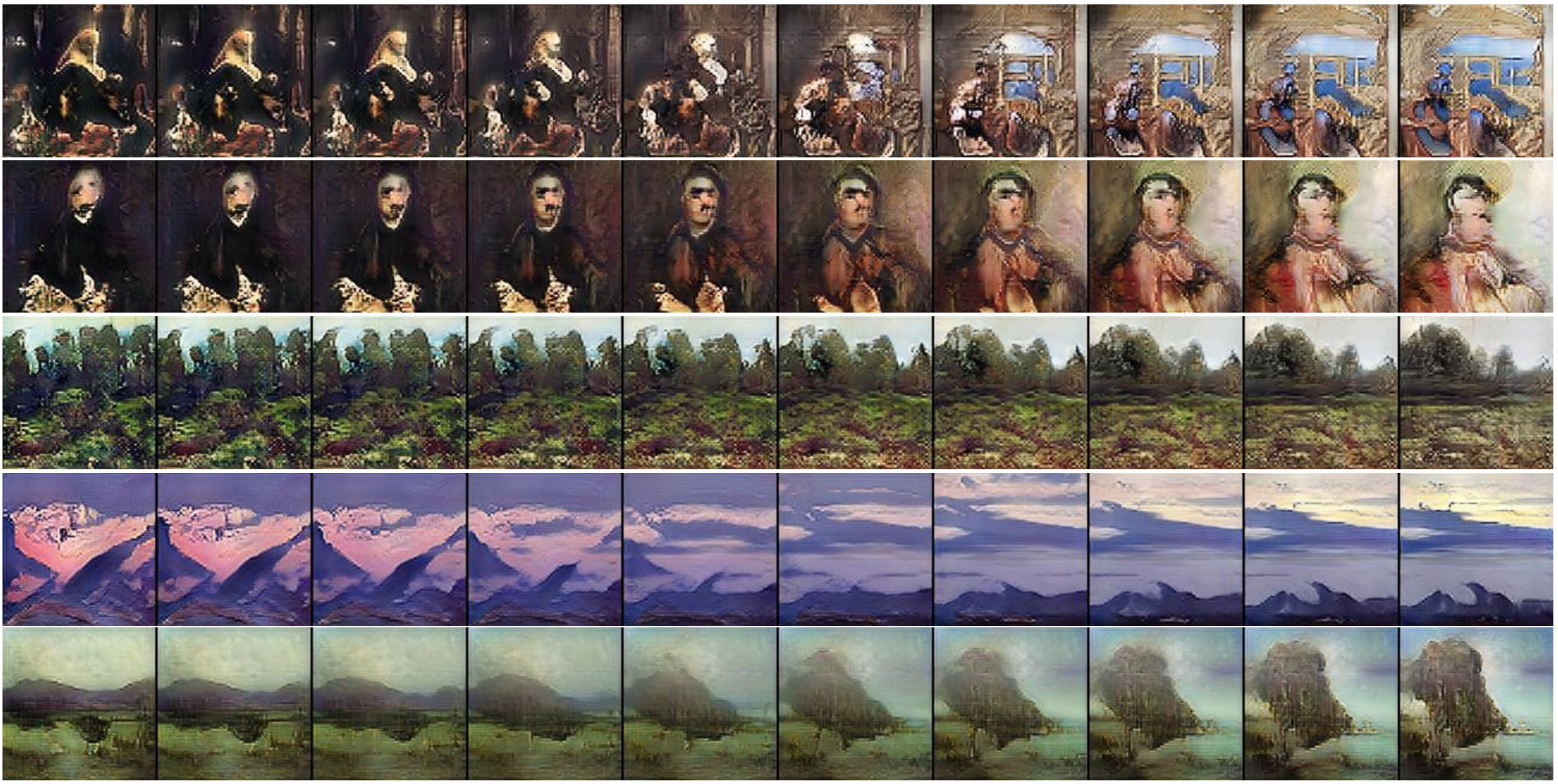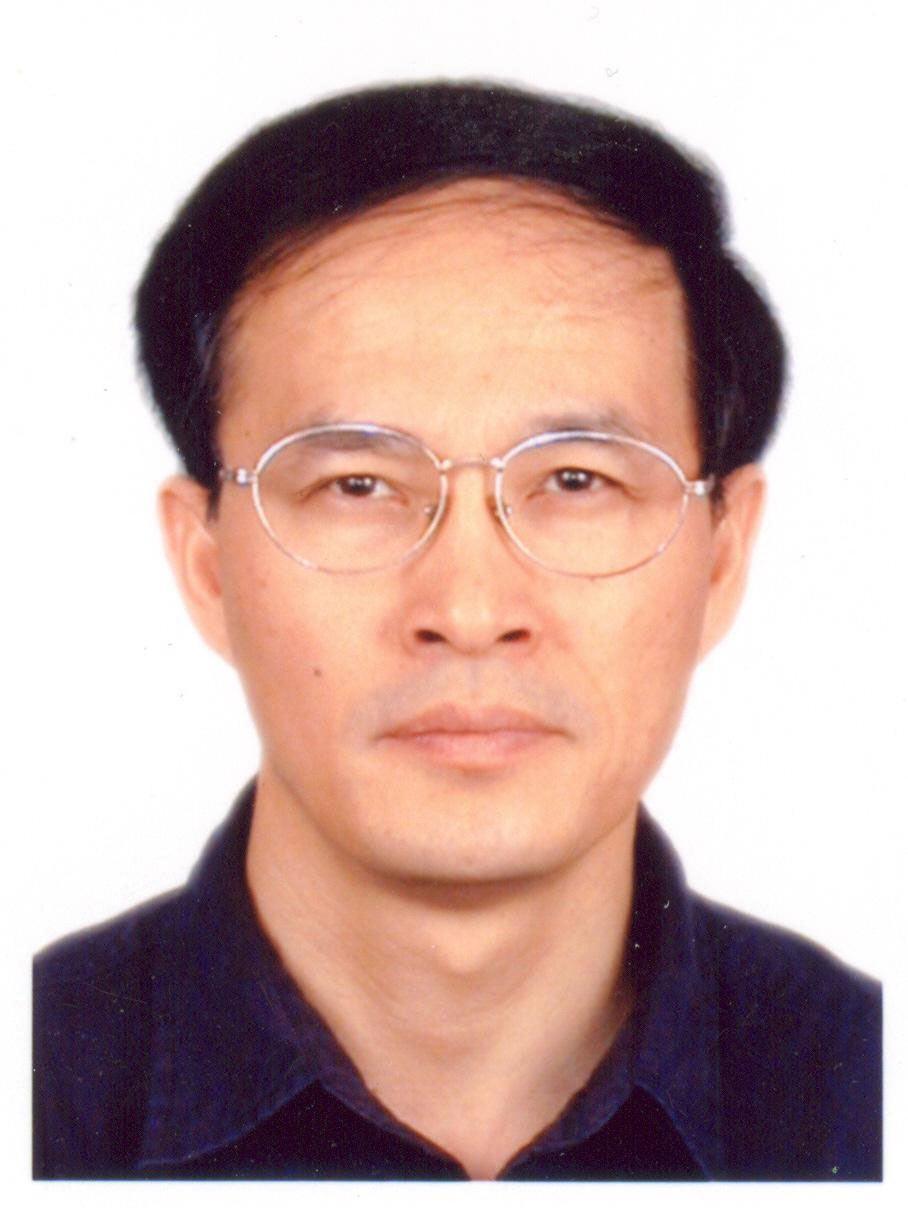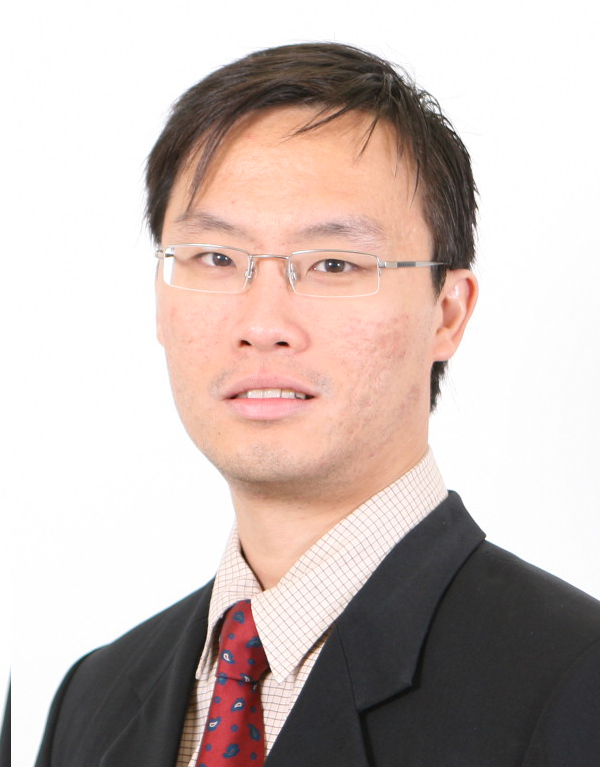IJCAI 2018 Tutorial:
Toward Interpretable Deep Learning via Fuzzy Logic
Stockholm, Sweden, 13th July 2018 (Room: T6, Time: 0830-1230)
Organizers: Fei-Yue Wang (CAS, China); Lixin Fan (Nokia Tech.); Chee Seng Chan (U. Malaya)

Overview:
Experimental studies of deep learning have advanced so rapidly that even researchers themselves find trained deep neural networks hard to understand and explain, and sometimes, even worshipable [1][2]. On the other hand, for instance in medical and healthcare use cases, it is imperative to explain/interpret decision-makings of deep learning to patients and their families. Fuzzy logic, thanks to their inherent abilities in modeling vague notions, is able to play crucial roles in developing interpretable deep learning systems. Based on our recent findings [3][4], which disclosed an intriguing connection between fuzzy logic and deep learning, this tutorial will introduce the main concepts of fuzzy logic and its applicability to deep learning and pattern recognition. A historical review of related fuzzy logic topics such as fuzzy sets, many-valued logics as well as fuzzy neural networks will also be given during the tutorial.
References:
- [1] Ali Rahimi's talk at NIPS (NIPS 2017 Test-of-time award presentation)
- [2] Brandon, J. (2017, October 02). An AI god will emerge by 2042 and write its own bible. Will you worship it? Retrieved from https://venturebeat.com.
- [3] L. Fan. (2017) "Revisit Fuzzy Neural Network: Demystifying Batch Normalization and ReLU with Generalized Hamming Network", NIPS 2017.
- [4] L. Fan. (2017) "Revisit Fuzzy Neural Network: Bridging the Gap between Fuzzy Logic and Deep Learning", Technical Report.
Outline: (Updated 16 Sept. 2018)
- Overview of the need of transparent and interpretable deep learning (Fei-Yue Wang) [slide]
- Historical review of fuzzy logic (Chee Seng Chan) [slide]
- Bridge the gap: Fuzzy logic and Deep Learning (Lixin Fan) [slide]
Speakers:

Professor and Director of The State Key Laboratory for Management and Control of Complex Systems
Chinese Academy of Sciences, PR China
Fei-Yue Wang is a Professor and Director of The State Key Laboratory for Management and Control of Complex Systems, Institute of Automation, Chinese Academy of Sciences. Dr. Wang’s current research focuses on methods and applications for parallel systems, social computing, parallel intelligence, and knowledge automation. He was the Founding Editor-in-Chief of the International Journal of Intelligent Control and Systems (1995-2000), Founding EiC of IEEE ITS Magazine (2006-2007), EiC of IEEE Intelligent Systems (2009-2012), and EiC of IEEE Transactions on ITS (2009-2016). Currently he is EiC of IEEE Transactions on Computational Social Systems, Founding EiC of IEEE/CAA Journal of Automatica Sinica, and Chinese Journal of Command and Control. He was the Local Arrangements Chair of IJCAI-2013, and he has served as General or Program Chair of more than 20 IEEE, INFORMS, ACM, and ASME conferences since 1997. Dr. Wang has been elected as Fellow of IEEE, INCOSE, IFAC, ASME, and AAAS.

Principal Scientist
Nokia Technologies
Lixin Fan is a principal scientist at Nokia Technologies. His research areas of interests include Machine learning & deep learning, Computer vision & pattern recognition, Image and video processing, 3D big data processing, data visualization & rendering, Augmented and virtual reality, Mobile ubiquitous and pervasive computing and Intelligent human-computer interface. Dr Fan is the (co-)author of more than 50 international journal & conference publications. He also (co-)invented dozens of granted and pending patents filed in US, Europe and China. Before joining Nokia in 2004, Dr Fan was affiliated with Xerox Research Center Europe and his research work included the well recognized Bag of Keypoints method for image categorization.

Associate Professor
University of Malaya, Malaysia
Chee Seng Chan is an associate professor at Department of Artificial Intelligence, Faculty of Computer Science and Information Technology, University of Malaya, Malaysia. His research areas of interests include computer vision, image processing and fuzzy sets. Dr. Chan has published more than 50 international journals and conference publications. He was the founding chair of IEEE Computational Intelligence Society (Malaysia chapter), and recipients of few prestige awards such as Young Scientist by Academy Science Malaysia in 2016, Hitachi Fellowships in 2012, as well as the Top 100 British Young Engineers in 2010. Currently he is AE of IEEE/CAA Journal of Automatica Sinica, and he has served as General Chair and Organizing of VCIP2012 and ACPR2015. He is a senior member of IEEE and a chartered engineer of IET.